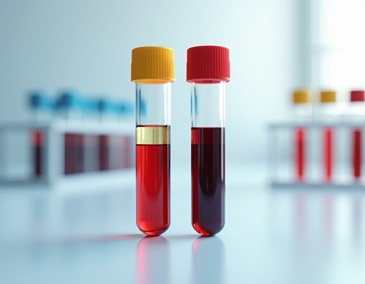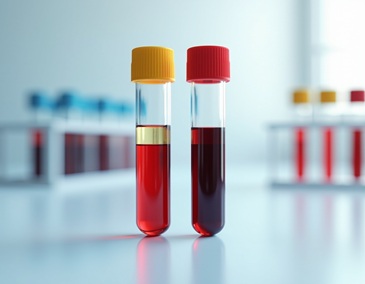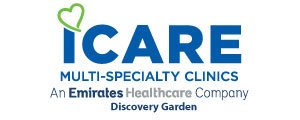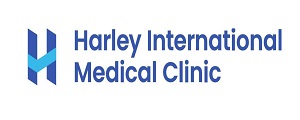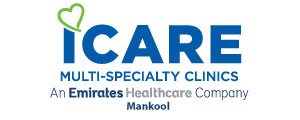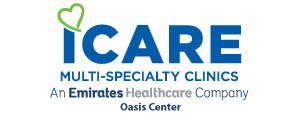
Test Code -HP096
No. of Tests - 3
- This test evaluates three key markers: Alpha Feto Protein (AFP), Beta HCG Qualitative, and Unconjugated Estriol (E3), helping to assess the risk of fetal abnormalities like Down syndrome, neural tube defects, and other potential issues during the second trimester of pregnancy.
Description
The Triple Marker Test is a vital prenatal screening conducted during the second trimester of pregnancy, typically between the 15th and 20th weeks. This non-invasive blood test helps assess the risk of certain genetic and chromosomal conditions in the developing baby, including Down syndrome (Trisomy 21), Edward syndrome (Trisomy 18), and neural tube defects such as spina bifida. The test measures the levels of three important substances in the mother’s blood—Alpha-Fetoprotein (AFP), Beta hCG (Human Chorionic Gonadotropin), and Unconjugated Estriol (uE3). AFP is a protein produced by the fetus, and abnormal levels may indicate neural tube defects or other concerns. Beta hCG, a hormone produced by the placenta, when unusually high or low, can suggest chromosomal abnormalities. Estriol, a form of estrogen made by both the fetus and the placenta, also plays a crucial role in this assessment. Together, these markers provide valuable insights into the baby’s development, offering early warnings that can help guide further diagnostic steps if necessary. It is an excellent tool for evaluating potential risks and ensuring a well-informed and prepared pregnancy journey. With just a simple blood sample, the Triple Marker Test offers peace of mind and a proactive approach to prenatal care—because knowing more helps you care better.
You May Also like
Why choose us

Speed
On-time reporting with the best TAT in the industry.
Quality
Accredited centers: DHA, MOH, HAAD, CAP, ISO, JCI.
Accessibility
Extensive partner network & convenient home collection.
Satisfaction
35,000+ Satisfied Customers & 12+ Years of Trusted Service.




